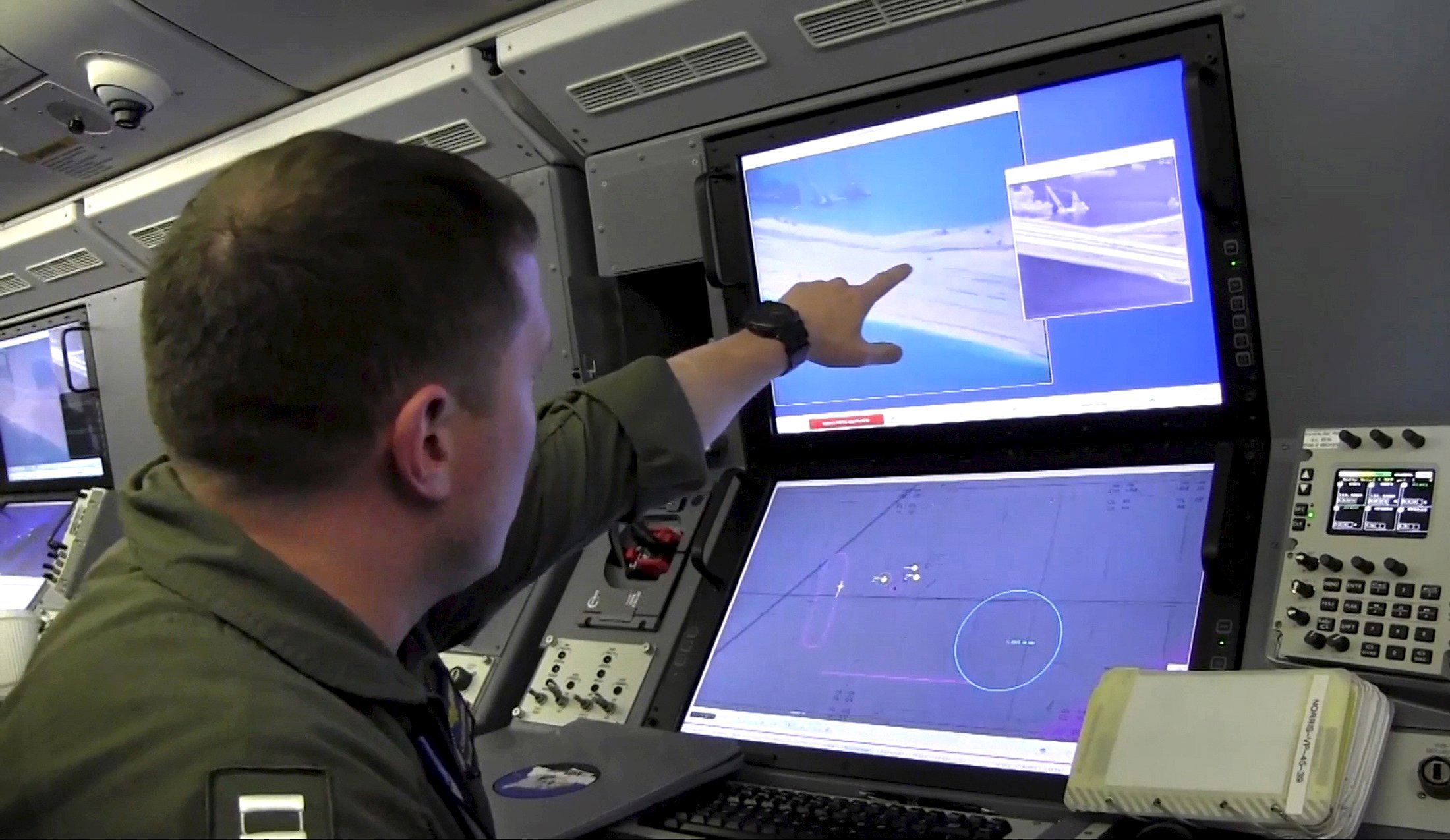Japan will join a major U.S.-Australian military exercise for the first time in a sign of growing security links between the three countries as tensions build over China's island-building in the South China Sea.
While only 40 Japanese officers and soldiers will take part in the drills involving 30,000 American and Australian service members in early July, experts said the move shows how Washington wants to foster cooperation among its security allies in Asia.
The Talisman Saber biennial exercises, to be held in locations around Australia, will encompass maritime operations, amphibious landings, special forces tactics and urban warfare.



















With your current subscription plan you can comment on stories. However, before writing your first comment, please create a display name in the Profile section of your subscriber account page.